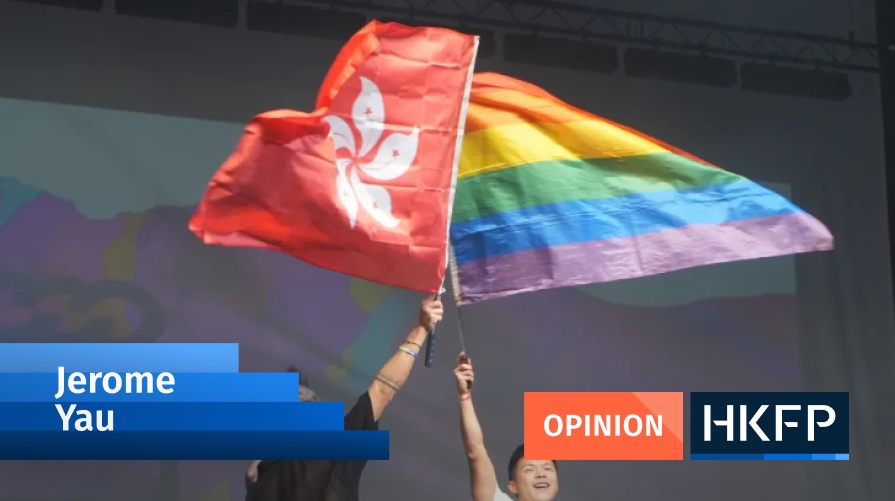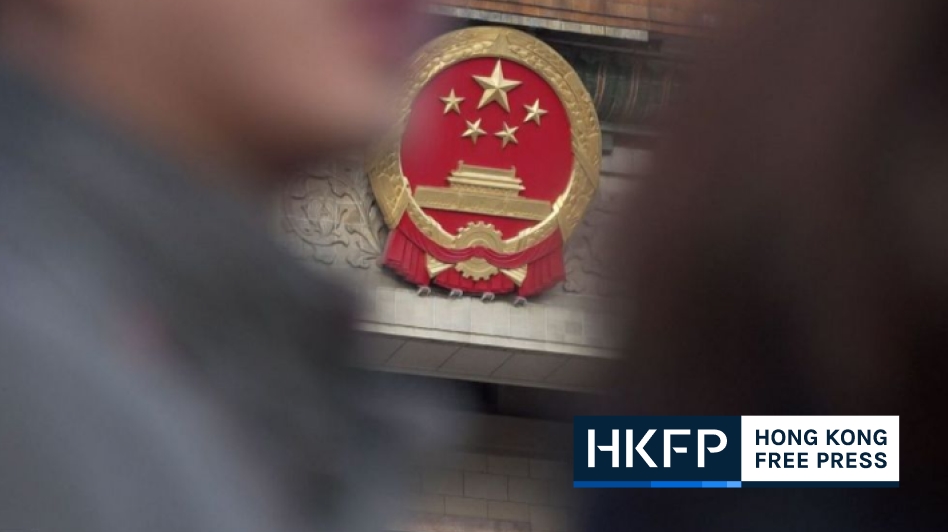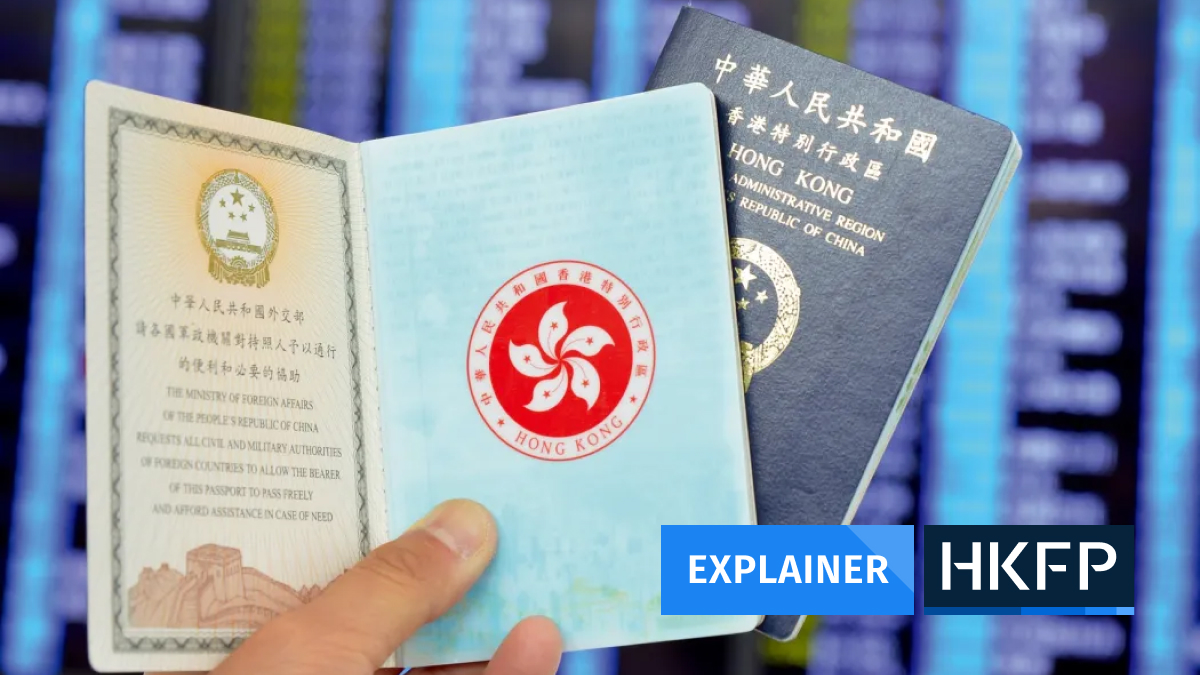The former chairperson of the Hong Kong Bar Association has said he left the city two years ago after being warned by national security police that he could be charged for sedition over his past comments in a book and on a social media platform.
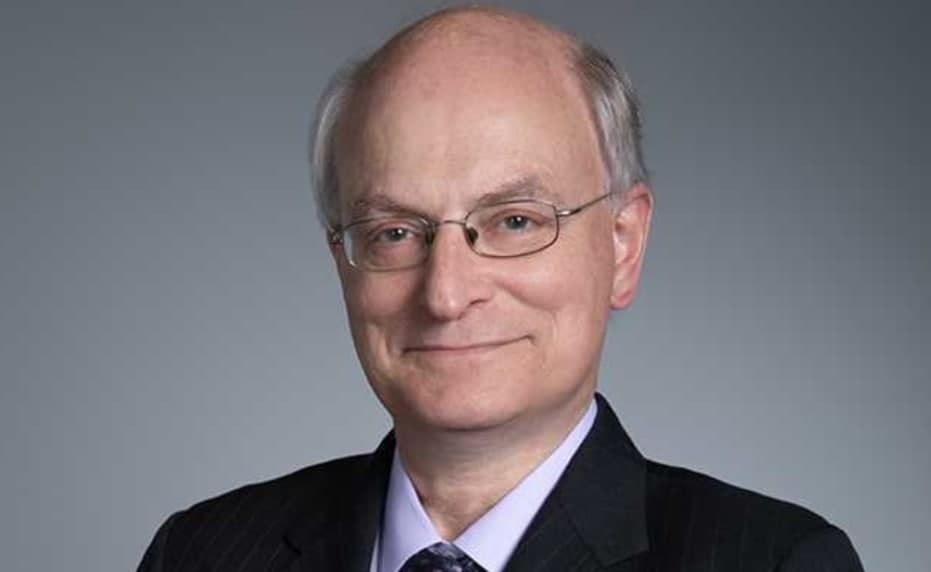
Paul Harris, who was a senior counsel in the city who served as the association’s chair in 2021, said his decision to leave Hong Kong was expedited by an interview under caution with the national security department of the police in early-March 2022, in which he was told that the force was considering charging him for sedition.
In his first media interview since leaving Hong Kong soon after that interview, Harris said he was told by the police that his book Freedom’s Banner: How Peaceful Demonstrations Have Changed the World contained “seditious” comments about the 2019 protests and unrest, according to a video uploaded on Wednesday by UK-based Green Bean Media.
The 2022 edition of the book, published in the UK, included a chapter about Hong Kong’s protests against a since-axed extradition bill. The protests ballooned into sometimes violent displays of dissent against police behaviour and calls for democracy from Beijing.
“I had said that people demonstrated against the [extradition bill] because they didn’t want to be extradited to China, because they couldn’t get a fair trial there. And that statement they considered to be seditious, in the sense of stirring up hostility to China, to want to overthrow the regime,” Harris said in the interview with Green Bean.
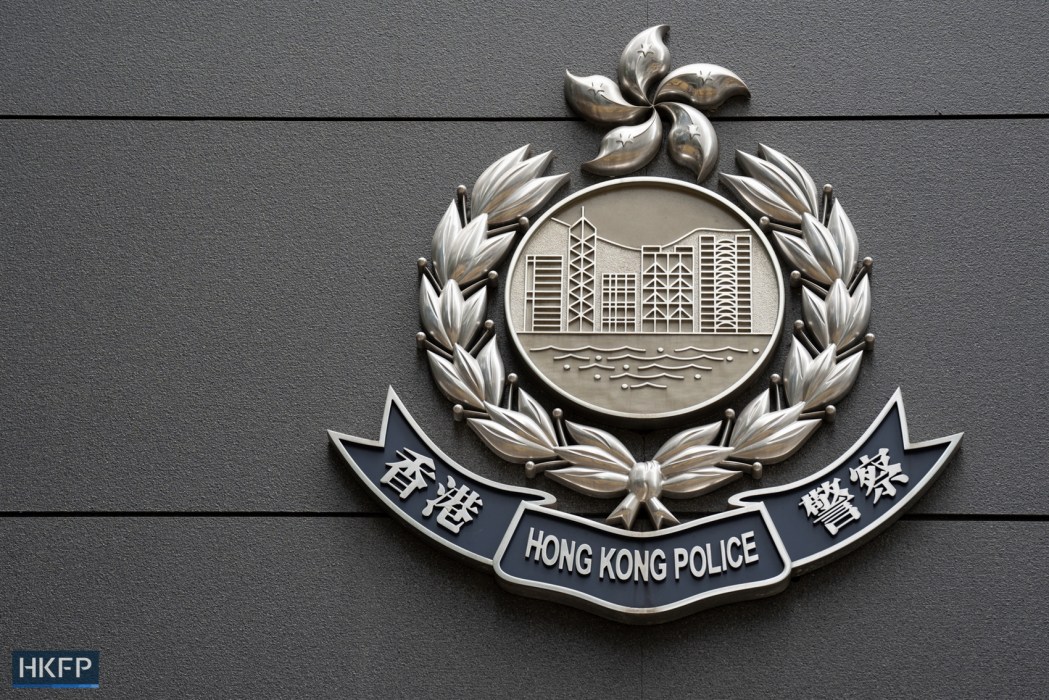
He also said that national security police deemed one of his tweets, in which he claimed Hong Kong had “become a police state,” seditious.
Harris said police did not formally charge him and he was told he could leave the city.
“And I said… ‘Am I free to leave Hong Kong?’” The officer said, “At this moment you are,” Harris said.
In a response to HKFP on Friday, police did not confirm the veracity of Harris’s interview with Green Bean.
“Whether any activity contravenes the National Security Law or any other offences will be determined having regard to all the relevant circumstances of the case, which include the facts, conduct, intent, as well as the evidence gathered, and in accordance with relevant laws,” the police said.
‘Preventing harm’
Separately, Harris said Hong Kong’s rule of law remained intact in “non-political” and civil cases.
“If you are a thief, or you punch someone, or you murder someone, I think there will not be a great difference in the way the trial is done from the way it would have been done over the years up till now,” he said.
But he said national security offences such as subversion and secession – criminalised under the Beijing-imposed security law – had been “used to suppress normal debate and free speech.”
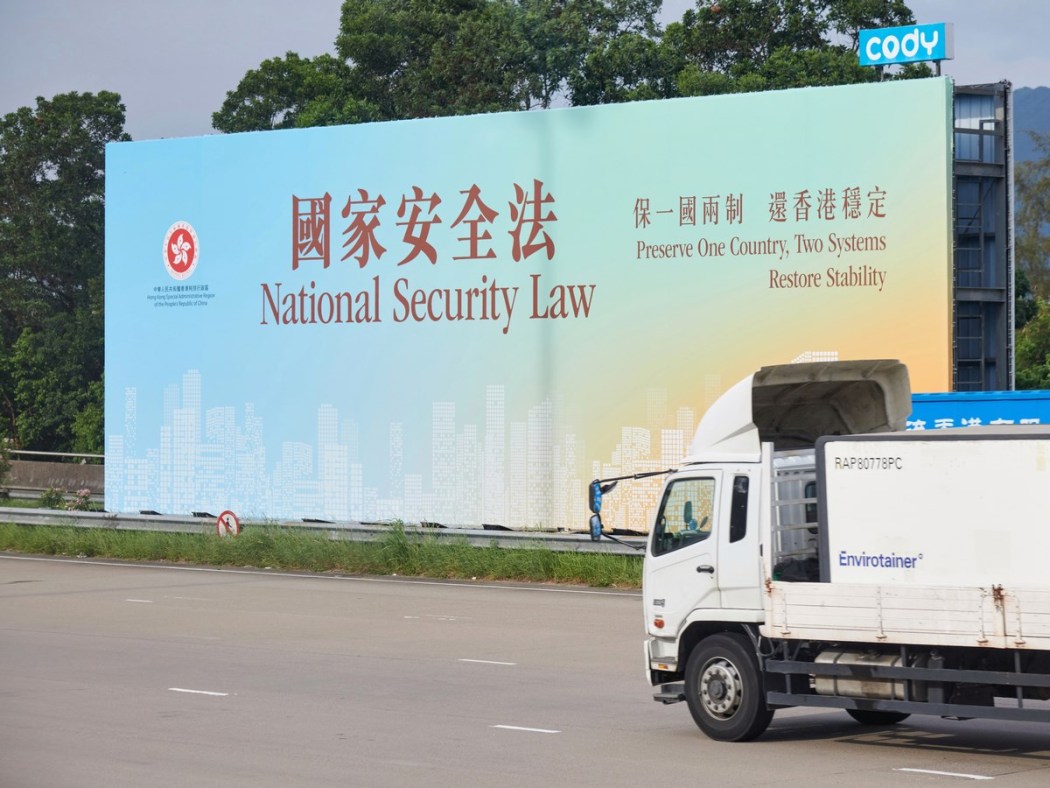
The government says that the security law has restored stability and peace to the city following the 2019 protests.
Harris also said that the presence of foreign judges sitting in Hong Kong’s apex Court of Final Appeal (CFA) was “preventing harm” and he opposed their resignations.
Three overseas judges announced their departures from the CFA in early June. Jonathan Sumption, a former UK Supreme Court judge, said the city’s rule of law was “in grave danger” after his resignation – a comment that drew criticism from city leader John Lee and Beijing’s offices in Hong Kong.
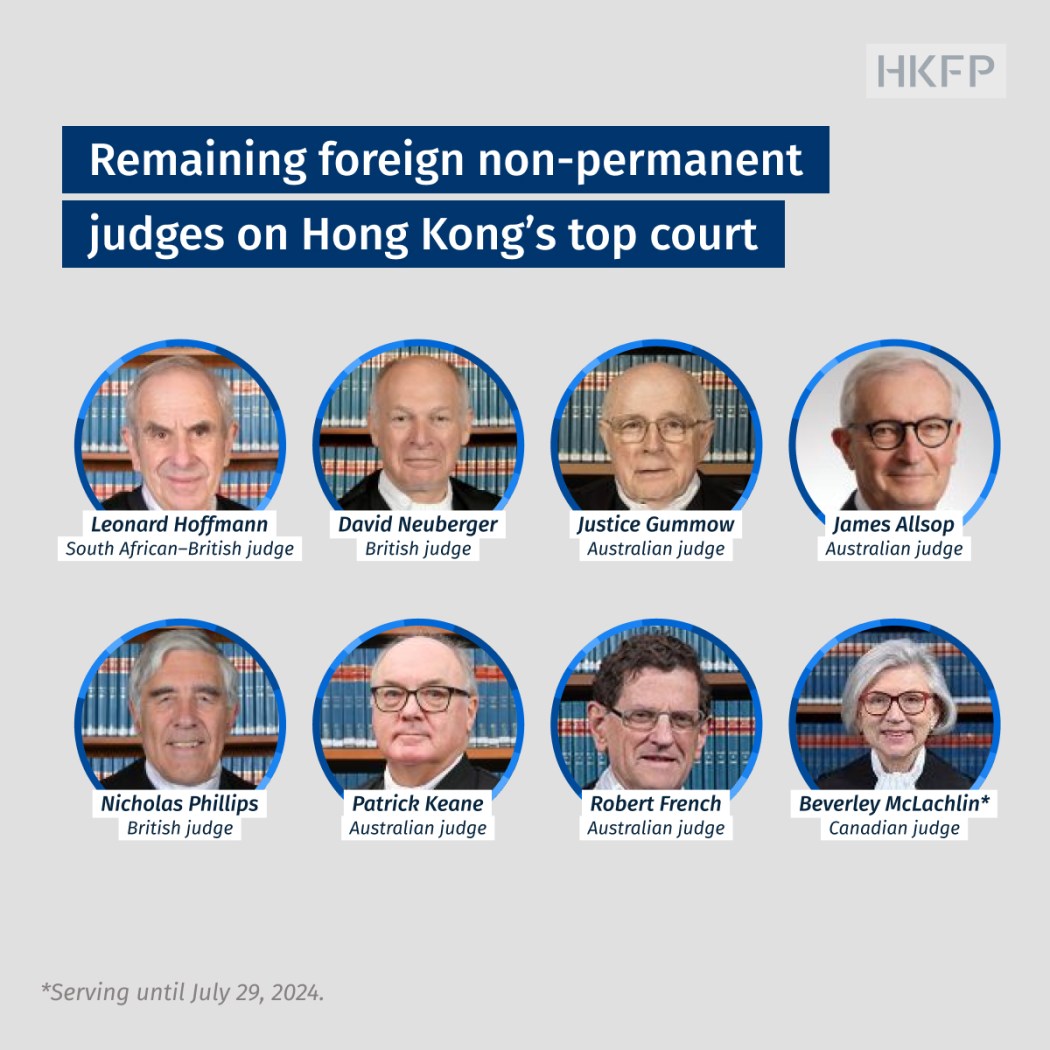
The other two outgoing judges – Lawrence Collins, also from the UK, and Beverley McLachlin, formerly Canada’s chief justice – expressed confidence in the independence of Hong Kong’s courts.
Harris said he disagreed with Sumption’s comment and that foreign judges could provide “very high” level of legal reasoning to assist judges in the city, given their experience as senior justices in common law jurisdictions.
“Things have been deteriorating, but I believe those foreign judges can and sometimes do make a positive contribution to the rule of law,” he said.
Support HKFP | Policies & Ethics | Error/typo? | Contact Us | Newsletter | Transparency & Annual Report | Apps
Help safeguard press freedom & keep HKFP free for all readers by supporting our team

LATEST FROM HKFP
HKFP has an impartial stance, transparent funding, and balanced coverage guided by an Ethics Code and Corrections Policy.
Support press freedom & help us surpass 1,000 monthly Patrons: 100% independent, governed by an ethics code & not-for-profit.





